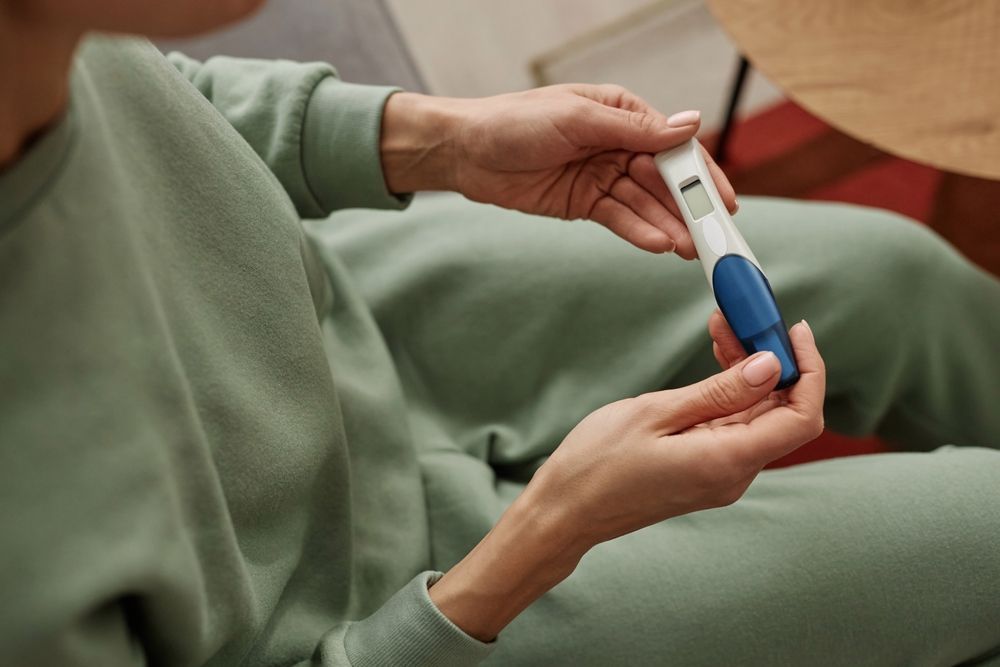Tips for Taking an Accurate Home Pregnancy Test
Share this Article:

Wondering if you are pregnant can be pretty stressful. If you have been trying to have a baby you want to know and if you haven’t been trying to have a baby you really want to know. It’s hard – the wondering, the waiting, the uncertainty.
For many women, a pregnancy test is what they turn to first. Whether they are excited about the pregnancy, or a little apprehensive, at least they know. A home pregnancy test is often the first confirmation of positive or negative results.
Since so much is usually riding on the test, you want to make sure that you understand how it is used and why. Here are a few tips for taking a pregnancy test .
Why Should You Take a Pregnancy Test?
Getting confirmation of pregnancy by taking a pregnancy test does several things. First, and probably the most important, it answers the big question, “Am I pregnant?” But it also lets you know what next steps to take, such as getting prenatal treatment for you and the baby as well as talking to your partner or
family. It lets you start to prepare.
If you are experiencing the signs of pregnancy and you have had sex three weeks to a month ago, then you definitely do need to take a test. Just knowing can help.
Here are some signs of early pregnancy. Seeing several of these will help you make the decision to take the test.
- You miss your period.
- You don’t really have a “period” but instead, experience light bleeding or spotting.
- Your breasts feel full or swollen.
- Your breasts or nipples feel tender or sore.
- You feel very tired, unusually tired.
- You have nausea with or without vomiting.
- You are sensitive to certain tastes or smells.
- You have food aversions.
- You feel unusually emotional or moody.
- You urinate more frequently than normal.
Some women experience all of these symptoms but most women only experience a few. It is very rare for a woman to have no signs of pregnancy, but it does happen.
It is also worth noting that even if you experience some of these symptoms it doesn’t necessarily mean that you are pregnant – just as not experiencing them doesn’t mean that you aren’t. If you are having unprotected sex (or even protected sex) you should be vigilant and look for signs of pregnancy.
When Should You Take a Pregnancy Test?
Pregnancy tests work by detecting the human chorionic gonadotropin hormone, or HCG, in the woman’s urine. HCG plays an important role in early pregnancy by creating an environment for the implanted egg that is nourishing and life sustaining.
However, the body does not begin producing HCG until a certain point which is after the egg is fertilized. You can use the timeline to determine when you should take a pregnancy test with the best chance of getting
an accurate result.
- 21 to 24 days after the first day of your last period. If you are pregnant, this is when your body will begin producing HCG because it means that the fertilized egg is implanted in the uterine wall. Production of the hormone does not begin until the fertilized egg is implanted.
- 2 to 3 days after the egg is implanted (24 to 28 days after the first day of your last period). At this point, HCG levels will rise to a level where they could be detected.
- Through the 16th week. If you are pregnant, your body will steadily increase the production of HCG to a point that it doubles every 2 to 4 days until you reach the end of your 16th week of pregnancy.
So, a good rule of thumb is, if you suspect you are pregnant because you’ve experience signs of early pregnancy, or if you just have a feeling, wait until the week following your missed period, although there is a possibility you can get an accurate reading as early as two weeks after having sex. Just remember that it takes time for your body to produce HCG to a point that it is detectable.
What are the Different Types of Pregnancy Tests?
There are two types of pregnancy tests, those that use urine to detect HCG and those that use blood. At home pregnancy tests use urine and they are typically pretty reliable when used correctly. If you are concerned about home pregnancy test accuracy , most tests on the market are around 99% reliable. This is consistent with urine pregnancy tests done in doctors’ offices.
You can purchase a pregnancy test over the counter without a prescription or you can visit one of our clinics for a free pregnancy test.
Tips for Accurate Home Pregnancy Testing
- If possible, use your first morning urine as soon as you get up because it has been in your bladder for several hours and could have very concentrated HCG levels. This makes it easy to detect.
- Avoid drinking a lot of water or other fluids before taking your pregnancy test. This can dilute your urine making the HCG levels more difficult to detect.
- Before you start taking your test, read the directions completely from start to finish. Then when you do begin your test, follow each step just as directed.
- While you are waiting for your test to process, avoid getting anything on the test strip. You want a clean reading and you don’t want anything to interfere with its accuracy.
Blood tests are a little more accurate because they can not only detect HCG in your body, but they can also measure how much is present. You can go to a doctor’s office or hospital to have a blood pregnancy test done.
Pregnancy Care Clinic Can Help Verify Your Pregnancy
An unplanned pregnancy can be upsetting or even scary. Even a planned pregnancy often comes with some stress. The good news is, whatever your situation, you don’t have to do it alone.
The Pregnancy Care Clinic has licensed healthcare providers who provide no cost services such as ultrasounds and pregnancy tests as well as peer counseling and other supportive services. Contact us today for your confidential appointment. We’re here to help.




